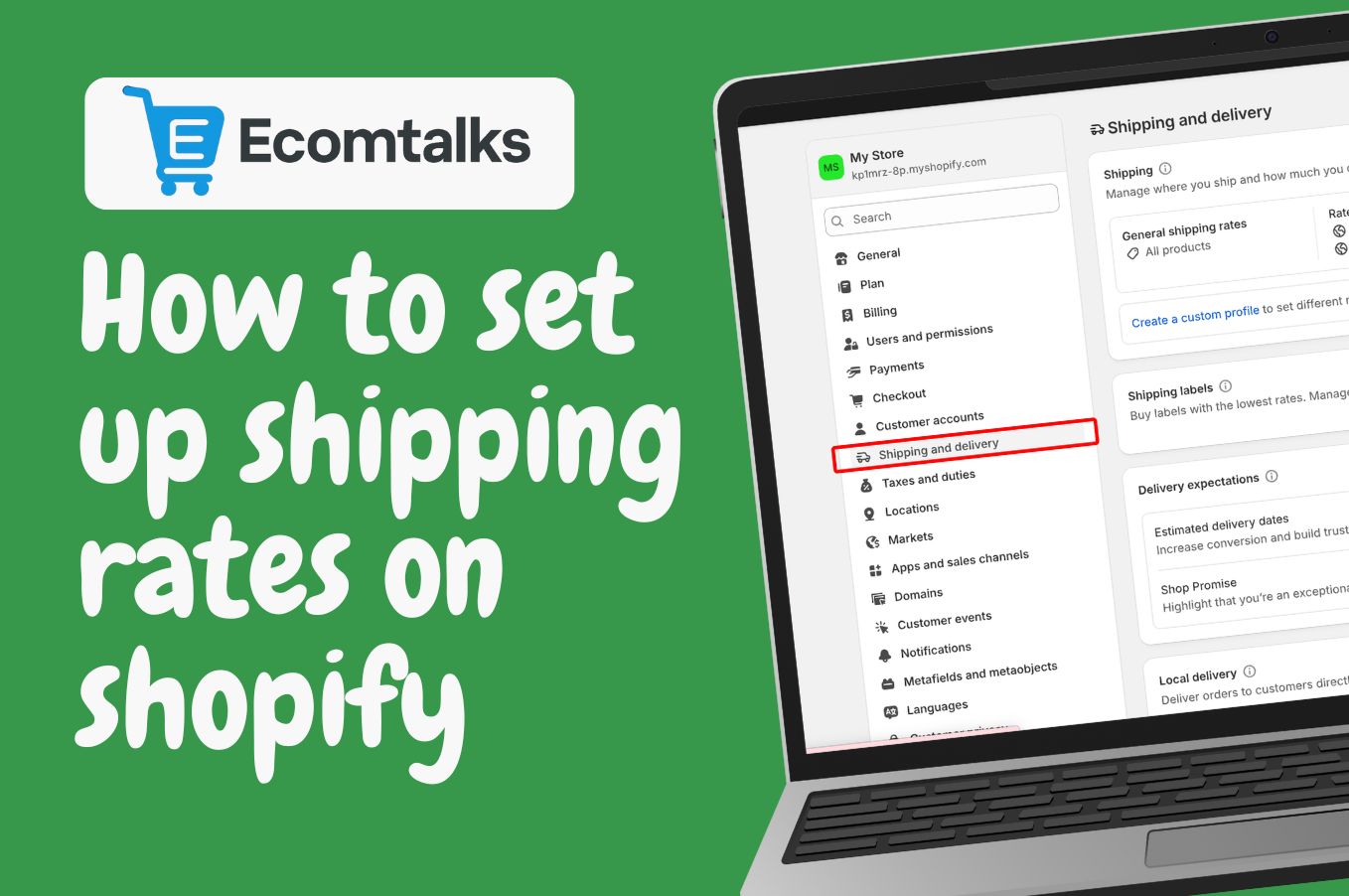Top ecommerce skills you need to thrive in today’s online market
Essential ecommerce skills for success
Thriving in the ever-changing world of online commerce demands more than just a great product or a sleek website. It requires a solid foundation of ecommerce skills that empower entrepreneurs and professionals to navigate the digital marketplace with confidence. These abilities serve as the glue between technology, consumer behavior, marketing strategies, and day-to-day operations. Whether you're taking your first steps into ecommerce or aiming to expand an existing venture, cultivating a diverse skill set is key to driving sustainable growth and staying resilient in an increasingly competitive environment.
Digital marketing fluency
At the core of any successful ecommerce business lies the ability to reach and resonate with the right audience. Digital marketing serves as the engine that propels visibility and engagement, connecting products with potential buyers in meaningful ways. Mastering search engine optimization ensures your website ranks well on Google, allowing customers to discover your offerings organically. Complementing this with targeted advertising through platforms like Google Ads or Meta Ads Manager can significantly increase conversions. Meanwhile, consistent communication via email marketing builds trust and encourages repeat purchases, while social media fosters interaction and brand loyalty. When all of these channels are strategically aligned, businesses can create a cohesive brand presence that attracts and retains customers.
Analyzing and acting on data
One of ecommerce’s greatest advantages is the wealth of data it generates, offering an opportunity to make informed decisions grounded in real user behavior. However, having access to data is only half the equation; interpreting it effectively is where the real value lies. By leveraging tools like Google Analytics 4 or Shopify Analytics, businesses can identify trends, monitor campaign performance, and pinpoint areas for improvement. Understanding where customers drop off in the purchasing journey allows for precise refinements in site structure or messaging. Enhancements like heatmaps and A/B testing offer visual and statistical feedback, guiding design decisions and content adjustments that contribute to a smoother user experience. Ultimately, a data-driven mindset enables ongoing optimization and smarter strategy execution.

Effective product management
A well-managed product catalog is the foundation upon which customer satisfaction is built. It starts with identifying items that resonate with your audience through tools such as market research platforms or trend analysis. But finding the right products is just the beginning. Managing inventory efficiently ensures that customer expectations for availability and delivery are consistently met. Thoughtfully constructed product listings that blend engaging copy with high-quality visuals contribute to a polished, professional store appearance. Moreover, strategic pricing aligned with market demand and perceived value further strengthens your competitive edge. Together, these practices ensure that your product offering is not only appealing but also well-positioned to convert interest into action.
User experience and interface design
In ecommerce, first impressions often happen within seconds, and they can be the deciding factor in whether a user stays or bounces. A seamless user experience paired with an intuitive interface encourages exploration and drives conversions. Website speed, mobile responsiveness, and clear navigation pathways create a sense of ease and trust. Thoughtfully placed call-to-action buttons, trust signals like reviews or guarantees, and an efficient checkout process all contribute to a frictionless journey. When users feel comfortable and confident navigating your store, they are far more likely to complete their purchases and return for future ones. Good design isn't just about aesthetics; it's about reducing obstacles between interest and conversion.

Technical literacy and platform savvy
While not every ecommerce professional needs to be a developer, a certain level of technical fluency can greatly enhance operational efficiency. Understanding the capabilities and limitations of your chosen platform—be it Shopify, WooCommerce, BigCommerce, or Magento—enables smarter customization and better tool integration. Even basic knowledge of HTML and CSS can be invaluable when tailoring the appearance of your site or resolving minor layout issues. Additionally, familiarity with APIs and third-party apps helps ensure seamless workflows across your sales channels, inventory systems, and marketing tools. In essence, technical competence empowers business owners to build more robust, scalable ecommerce operations.
Customer support mastery
Exceptional customer service is no longer a bonus—it’s an expectation. As the digital marketplace grows more crowded, how you support your customers can be a major differentiator. Effective service starts with clear, empathetic communication, whether through email, chat, or social media. Timely responses to inquiries, transparent updates on orders, and proactive resolution of issues can turn a negative experience into a positive one. Tools such as helpdesk software and automated chatbots streamline support operations, enabling consistency across multiple touchpoints. When customers feel heard and supported, they’re more likely to develop brand loyalty and share their positive experiences with others.
Persuasive content and copywriting
Every product description, landing page, and email subject line plays a role in guiding customers through their buying journey. Crafting persuasive content requires a deep understanding of both the product and the customer. Well-written copy doesn’t just list features—it highlights benefits, evokes emotion, and aligns with the reader’s needs or aspirations. SEO principles help content get found, while storytelling techniques and social proof—like testimonials—build credibility. Whether you’re writing a blog post to educate, a product page to persuade, or an ad to compel, your words have the power to shape perception and drive sales.
Operations and fulfillment oversight
Behind the scenes, efficient operations are what keep an ecommerce business running smoothly. From order processing to last-mile delivery, each step must be coordinated with precision to meet customer expectations. Choosing the right fulfillment model—whether in-house or through a third-party logistics provider—can impact shipping times, costs, and customer satisfaction. Real-time inventory management prevents overselling and stockouts, while a clearly defined return policy helps manage post-purchase interactions with professionalism. A well-executed fulfillment process not only reduces operational headaches but also reinforces trust in your brand.

Strategic thinking and business insight
While day-to-day tasks keep the business running, long-term success hinges on strategic planning. This involves understanding the broader market landscape, identifying emerging trends, and setting realistic goals. By analyzing competitors, studying customer behavior, and monitoring financial performance, ecommerce professionals can make informed decisions about pricing, product expansion, and marketing investments. Evaluating metrics such as customer lifetime value (CLTV) or return on ad spend (ROAS) offers insight into where to focus efforts for maximum impact. Strategic thinking ties together all the operational and creative work, guiding your business toward sustainable growth.
Lifelong learning and adaptability
In an industry defined by rapid evolution, adaptability is not just a strength—it’s a necessity. New technologies, algorithms, and consumer behaviors emerge regularly, challenging ecommerce professionals to stay agile and curious. Committing to continuous learning through online courses, industry blogs, podcasts, and community events helps maintain a competitive edge. This mindset also fosters innovation, encouraging experimentation with new tools, channels, and ideas. Ultimately, those who embrace learning not only keep pace with change but also help shape the future of ecommerce.
Conclusion
Success in ecommerce is rarely the result of mastering a single discipline. Instead, it stems from the thoughtful integration of diverse skills that together create a strong, customer-centric business. From understanding digital marketing to managing logistics, each capability adds a piece to the puzzle. As the digital marketplace continues to grow and evolve, the most successful professionals will be those who approach their work with curiosity, resilience, and a commitment to constant improvement. With the right blend of skills and a mindset oriented toward growth, the opportunities in ecommerce are virtually limitless.
If you want to truly understand the world of online selling, take a moment to browse Ecommerce Basics — it covers everything from key terms to practical insights.








.jpg)
.jpg)